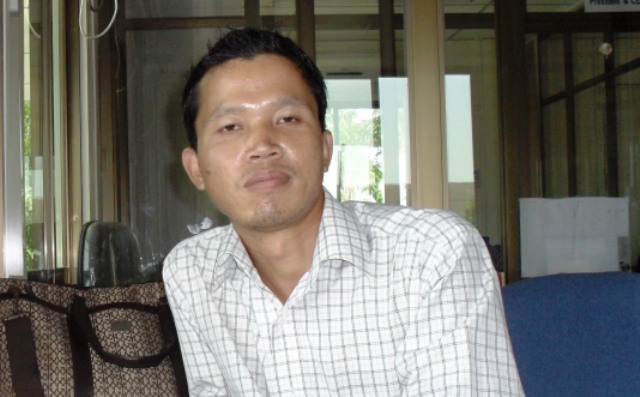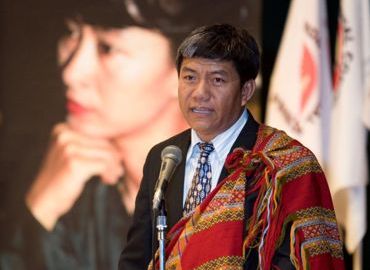Ensuring Govt. Transparency through Institutional Checks and Balances

26 January 2012: (Opinion) The two Houses of Hluttaw have so far established about 20 parliamentary committees and subcommittees. However, there still needs to be more such committees formed, given the need of the country. The American Congress, by comparison, has a total of 38 permanent committees and 242 subcommittees.
Parliamentary committees’ roles may be relatively unimportant in countries that practice Westminster model of parliamentary democracy. But for a country like Burma, which practices a Presidential-Parliamentary hybrid system, the need for a strong role for legislative committees is crucially significant. In other words, in a presidential system, without a strong role of the committees there can be no accountability mechanism (a part from the Judiciary) that can ensure checks and balances against the executive branch of government. As the former US President Woodrow Wilson put it, “Committees are like little Legislatures.”
It will be interesting to see the upcoming new legislation that will define or clarify the interrelationship between the legislative and executive branch of government: the extent of legislative power vis-à-vis the executive power. Whether the legislative committees will have the power to examine secret documents, monitor government activities and legally examine budget accounts, as in the case in the American system? Whether the committee will have the authority to freely summon officials from the executive branch to provide answers? Or whether they will have the power to appoint a panel of experts? (Note: The Constitution only prohibits the appointment of people outside of the parliament to the legislative committees). Or whether the committees will have only symbolic powers as is the case in the United Kingdom? These are the questions that need to be examined.
Given that the 2008 constitution provides for a Presidential-Parliamentary hybrid system, we can expect much oddity when it comes to drafting a legislation that will define the relative powers of the legislative committees. (The constitution doesn’t define the specific roles of the legislative committees). Whereas the legislative and executive branch are fused in a parliamentary system, the purpose of legislative committees, on the other end of the spectrum, is to provide a system of checks and balances against the executive branch.
The reason why there is no need for legislative checks against the executive branch in parliamentary system is because of the fact that the executive is elected out of the legislative branch and therefore, the executive is already directly accountable to the legislative branch.
It is in the interest of the ruling party as well to not allow for only nominal powers accorded to the legislative committees, as this can allow for the opposition parties to corner them in the event of serious disagreements. The reason is that there is a constitutional limitation on the term of the president (whereas parliamentary system doesn’t place a fixed term for the executive or Prime Minister). The parliamentary committees serve as an important means by which the ruling party can control legislative agendas in the parliament. Frankly speaking, no ruling parties will be content or feel secure enough only with the power solely to appoint the President.
Giving adequate powers to the various parliamentary committees can provide the last defense against executive encroachment, as in the case of the American system, since under the 2008 constitution the Parliament only has the power to appoint the President but not to dissolve the government. Ensuring powers for the parliamentary committees is in the interest of the ruling party especially.
For countries that practice only partial or semi presidential system, having powerful authority for as many committees is especially important for the opposition parties as well, since there is very little prospect for them to participate in the conduct of governance. Therefore, having weak parliamentary committees will amount to denying any meaningful political participation for the opposition parties.
Under the current situation, it is extremely difficult for the opposition parties to even develop short term and long term policies, or to draft proposals due to lack of access to government budget accounts, and closely monitor government policies, let alone being able to keep their actions in check.
If this situation persists or we fail to adequately empower the parliamentary committees in a timely fashion, there is a risk the government will be detached from Parliament and by extension, entirely disconnected from the people. Quite frankly, the people would have no way of knowing if and when the government decides to do things in secret. We can’t rely only on the media to ensure transparency. In this context, there is a concern that democracy in Burma may become “the election of dictatorship every five years,” as political scientist Francis Fukuyama points out.
By Salai Ceu Bik Thawng
The author is General Secretary of the Chin National Party (CNP), which won 9 parliamentary seats in the 2010 elections in Burma.
Editor’s note: Parliamentary committees and legislative committees are interchangeably used in this article.





